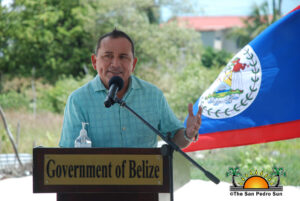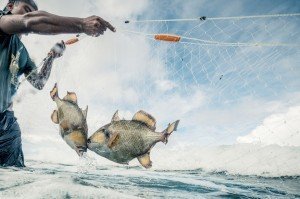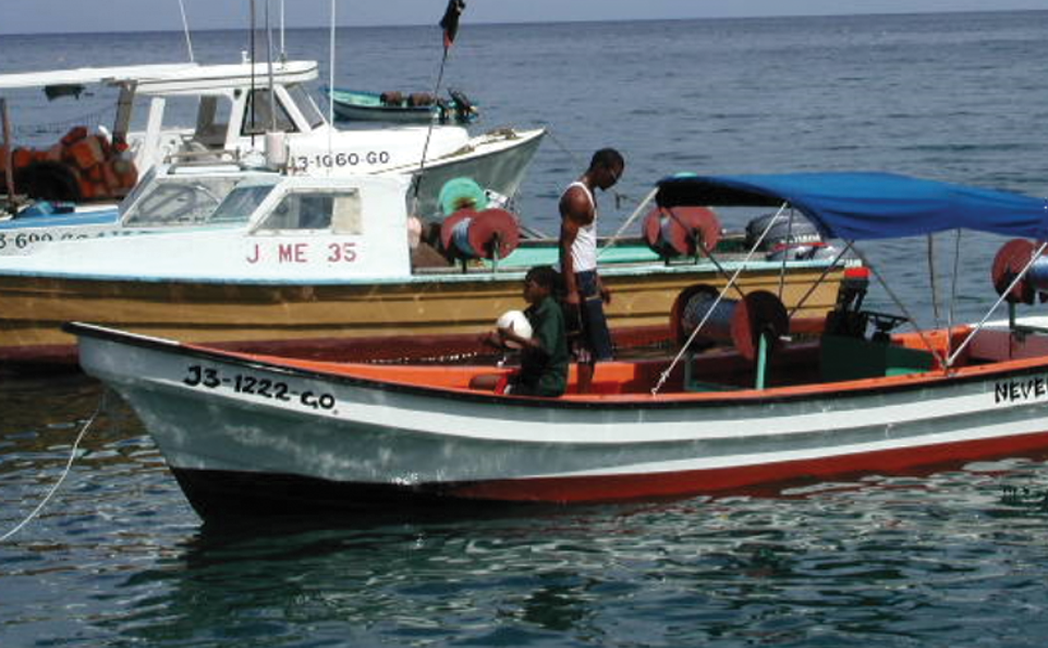Illegal, Unreported, and Unregulated (IUU) fishing and transnational organized crime in the fisheries sector has in the past affected the reputation of many Caribbean countries, including Belize. To combat this issue, Caribbean ministers responsible for fisheries and blue economic growth are holding meetings to address the issue during this year’s Caribbean Week of Agriculture, celebrated virtually under the theme ‘Transforming our Food Systems.’ Belize was represented by the Honourable Andre Perez, Minister of the Blue Economy and Civil Aviation, and shared the country’s commitment to strengthen regional cooperation in the fight against IUU fishing.

Perez, who also represents the constituency of Belize Rural South comprising of Caye Caulker and Ambergris Caye, emphasized that it is pivotal for his government to embrace the sustainable management of Belize’s fisheries resources and combat IUU fishing. “IUU fishing undermines the advancements we have achieved in strengthening fisheries management, as well as negatively affecting our economic development and social well-being of our people, particularly coastal communities,” Perez said. He lauded the event’s plans focusing on CARICOM (Caribbean Community and Common Market coming together to combat this growing problem. This comes under the international declaration against transnational organized crime in the global fishing industry, as per the Copenhagen Declaration. This document was adopted in October 2018 in Copenhagen, Denmark, by nine ministers from large ocean nations across the world denounced and asked for a solution on the IUU fishing and transnational organized crime in the global fishing industry.
Perez continued by assuring Belize’s commitment to fighting against IUU fishing. “We must continue to actively identify and implement tangible and effective actions collectively, from a regional and international level to curb these illicit activities. The Copenhagen Declaration compliments the 2010 Castries, St. Lucia Declaration on IUU fishing which provides the Caribbean Regional Fisheries Mechanism member states with a roadmap for a harmonized, multi-pronged approach to combat IUU fishing,” he said.
The fishing industry produces approximately 161,000 metric tons of marine products in the Caribbean region and employs approximately 182,000 persons. This generates revenues of about US$270 to US$300 million. According to Perez, in Belize, the small-scale fishing industry is valued at US$25 million, with 3,500 fishers and approximately 4% of Belize’s population directly beneficiating from this sector.
Belize’s efforts to tackle the issue more aggressively was seen in June of this year when the Belize High Seas Fisheries Unit (BHSFU) signed a memorandum of understanding (MOU) to publicly make its vessel tracking data available through the Global Fishing Watch map. This system tracks the movements of commercial fishing vessels in near real-time. Oceana and Global Fishing Watch also signed the MOU. It demonstrated Belize’s commitment to greater transparency in fishing activities at sea and is the result of Oceana’s collaboration with the government to increase the transparency of Belizean-flagged fishing vessels on the high seas.
With this new technology, Belize can increase vessel monitoring efforts and better detect and prevent IUU fishing. The monitoring of this system designed to deter such illegal activities will be in the hands of the BHSFU.


